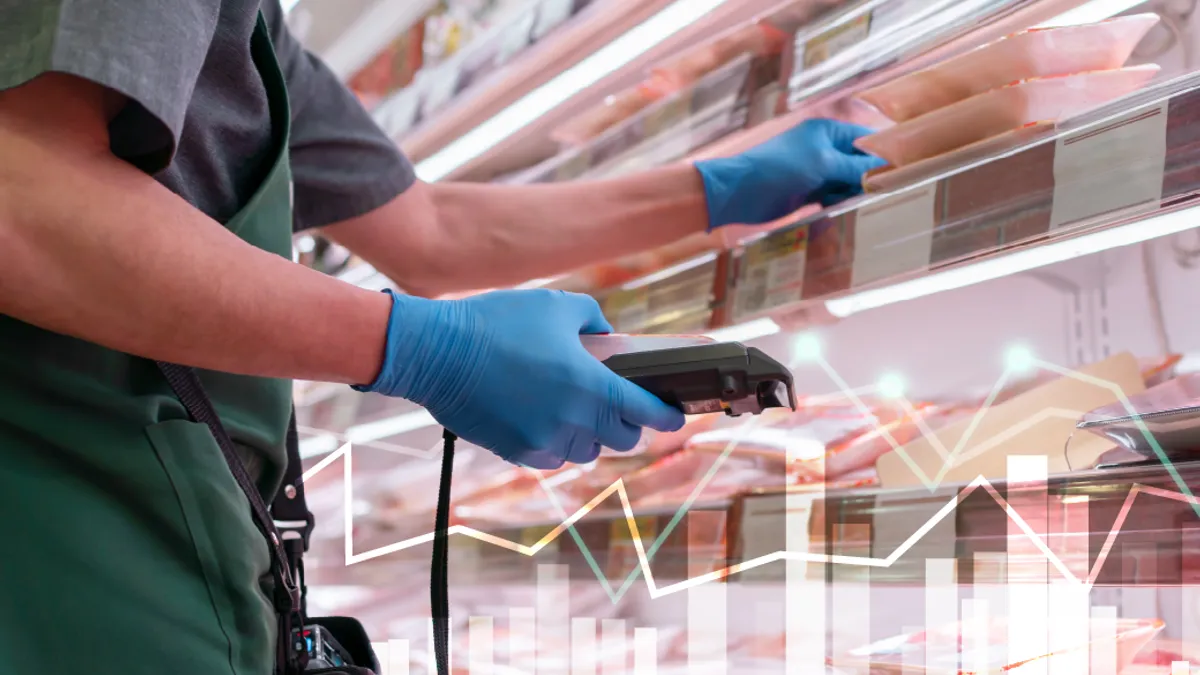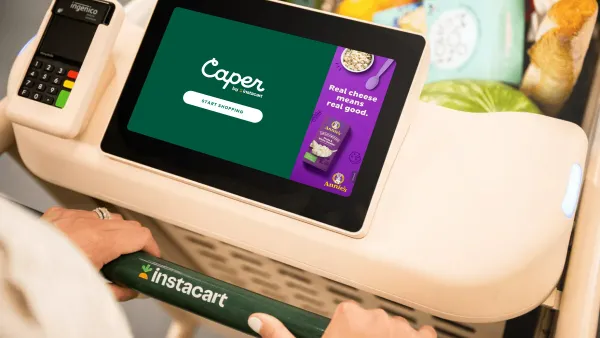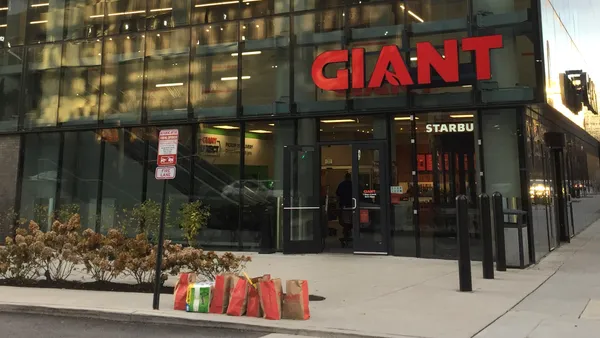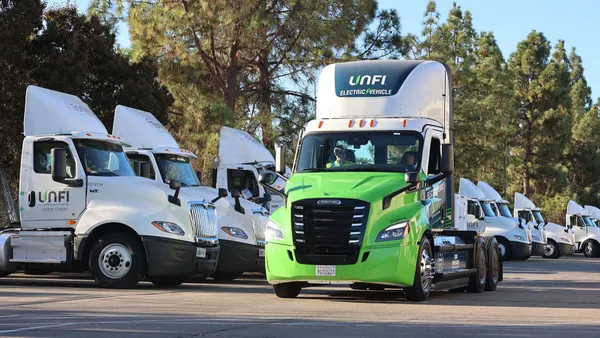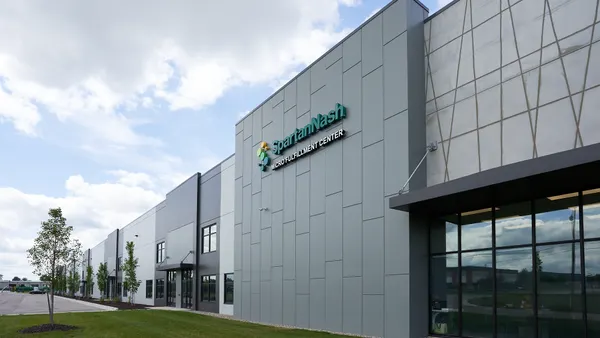As the push for sustainability grows, grocery retailers are increasingly prioritizing reducing food waste. Technological advancements have provided innovative solutions to this issue, offering data-driven approaches that optimize operations and minimize waste. This article explores the intersection of technology and food waste reduction in grocery retail, emphasizing the benefits and potential of leveraging these tools.
The scope of food waste in grocery retail
Food waste poses a significant challenge to grocery retail, with extensive environmental, social and economic consequences. It leads to the waste of valuable resources used in production and generates greenhouse gas emissions when disposed of in landfills. Additionally, food waste exacerbates food insecurity and inequality while incurring direct costs for retailers. Addressing food waste is crucial for mitigating environmental impacts, combating hunger, optimizing operational efficiency and enhancing reputation among consumers and regulatory bodies. By implementing effective strategies to reduce food waste, grocery retailers can contribute to a more sustainable and responsible industry while realizing economic benefits.
How to leverage tech
Data analytics and predictive models
Advanced data analytics and predictive models have revolutionized food waste reduction in the grocery retail sector. Retailers gain valuable insights into consumer demand by analyzing historical sales data, market trends and other relevant factors, enabling accurate predictions. This information optimizes inventory management practices, aligning stock levels closely with customer requirements and minimizing the risk of excess perishable products. Data analytics allows retailers to understand consumer preferences, purchasing behaviors and seasonal fluctuations, enabling informed product assortment and ordering decisions.
AI and machine learning applications
Artificial Intelligence (AI) and machine learning technologies are invaluable assets in the ongoing battle against food waste. With the ability to automate critical processes like shelf-life monitoring and expiration date tracking, these tools greatly enhance inventory accuracy. AI-driven algorithms analyze vast amounts of data to optimize order quantities, accounting for seasonal fluctuations, buying patterns and supply chain dynamics. By harnessing the power of AI, retailers can make data-driven decisions that minimize waste, ensuring that they order and stock the right quantities of products at the right time. This reduces the chances of excess perishable items going to waste and maximizes profitability and operational efficiency.
Traceability and 2D barcodes
Traceability technology, explicitly using 2D barcodes, is a powerful tool in mitigating food waste within the retail grocery industry. These barcodes enable precise tracking and monitoring of product information throughout the supply chain, providing enhanced visibility and transparency. By scanning the 2D barcodes, retailers access essential details such as product origin, manufacturing date, expiration date and batch information, enabling informed decision-making. This level of granularity facilitates effective stock rotation, ensuring products with shorter shelf lives are prioritized for sale, reducing the risk of items expiring on the shelves. Moreover, traceability technology aids in the swift identification and targeted removal of recalled or compromised products, minimizing waste and optimizing inventory management.
How Invafresh is making a difference
Invafresh has developed innovative tools to assist grocery retailers in their food waste reduction efforts. Invafresh's CGO (Computer Generated Ordering) solution uses AI and machine learning to guide retailers on how many products to order into the store to prevent over-ordering and excess shrink. When it comes to prepared foods, Invafresh's Production Planning solution takes it to the store level and instructs retailers how much food should be prepared in-store.
Invafresh solutions are designed to take the guesswork out of ordering and production and make ordering and producing food data-driven, lessening the amount of food that will end up as waste.
Forging ahead
The battle against food waste in grocery retail is being fought with technological advancements. Retailers can optimize operations, minimize waste and contribute to a more sustainable future by embracing data analytics, AI and machine learning. Collaborative efforts and technology-driven solutions are crucial in streamlining processes and facilitating sustainability initiatives. While Invafresh is an example of a technology solution provider, retailers have many options to help them achieve their food waste reduction objectives. By leveraging these technologies and embracing a holistic approach, grocery retailers can make significant strides toward a more sustainable and responsible industry.

